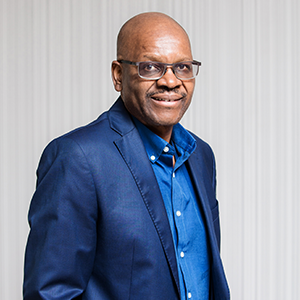
When it comes to Mayor Michelle Wu, Boston business leaders divide into three camps. Members of the smallest one publicly support the mayor. The next largest consists of her vocal opponents.
By far, though, members of the largest category pretend to support her but behind the scenes use their resources and influence to undermine her efforts by giving as little to her campaign as possible, discreetly lobbying the Legislature against rent control and tax measures, or offering lukewarm endorsements of her initiatives.
After all, Boston has elected 45 male mayors since 1822, and as the first elected female mayor, Wu is seen by many business people as a too-progressive anomaly. These opponents would like this experiment to end and hope a new mayor will restore their rightful place as leaders with outsized influence in all aspects of city governance, from zoning to tax policy.
Only one problem: These anti-Wu commercialists miscalculated and are now trying to blame Kraft as a flawed candidate. They fail to recognize their awkward position. Kraft was a fine candidate. He has faithfully contributed to the community for decades and has a strong philanthropic record and well-known family heritage. Against most candidates, he would have had a much better showing.
He unfortunately ran against an emerging phenomenon who is becoming a national political star by building a Tom Menino-like neighborhood base, standing up to the MAGA crowd, lowering the crime rate, and most importantly convincing the vast majority of voting Bostonians that she is on their side and fighting for them every day.
To prove that, one needs to look no further than two election statistics: Wu won 264 of 275 precincts, with 72 percent of the votes compared to Kraft’s 23 percent.
The business naysayers licking their wounds need to understand her unspoken message to them: “I don’t need your advice, friendship, or money to get elected or to govern. Many of you are out of touch with the needs of the vast majority of Bostonians. Your overdeveloped sense of entitlement will never again be realized. I’m the mayor of all the people, not just the powerful and rich. Oh, and if you haven’t noticed, I have now cemented that position with an Election Day mandate.”
Wu doesn’t say it that directly, of course.
Here’s another unspoken message from Wu: “I would rather work with you to improve our housing needs, public schools, and transportation. It’s in your interest to have educated employees who can afford to live in Boston. But I’m mayor, not you, or your surrogate. So my rules, not yours.”
Given the national political atmosphere, federal funding cuts to vital social and health care programs, politically motivated pressures on blue states, threats of National Guard deployment, and Immigration and Customs Enforcement raids, is it really a time to have the mayor and business community at odds?
Can the mayor accomplish a great deal without business backing? Yes, of course. We are seeing companies like Hasbro coming here and abandoned downtown office space being converted to housing, to take two recent examples.
But Wu could accomplish so much more by teaming up with business. She should reach out more, now that she has decisively won. She should give business leaders a chance to get on board.
If she does that, many in the business community will have a choice. They can continue to nurse grievances about their diminished influence and play around the edges, or they can put their shoulders to the wheel and accept the mayor as the best bet for a better Boston.



